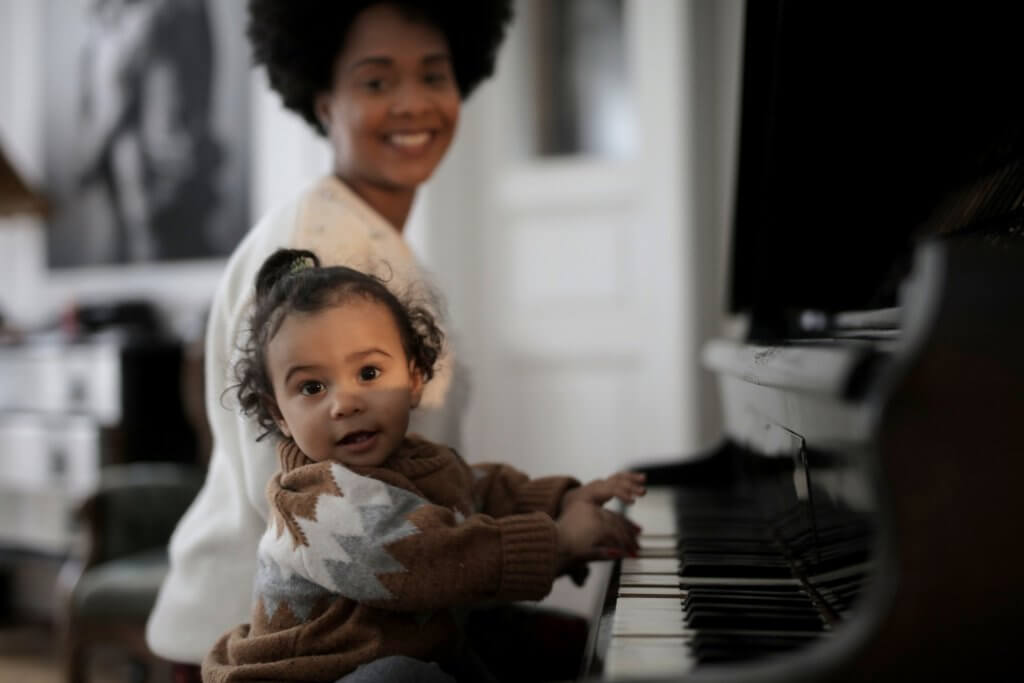It’s never too late to learn how to play the piano! Even if you didn’t start when you were young, it’s still possible to become a skilled pianist. In this blog post, we will discuss some tips on how to learn the piano if you’re not starting young.
The benefits of learning to play the piano at any age
We all know that learning to play the piano can be a great benefit for anyone, no matter what their age. But did you know that learning to play the piano as an adult has even more benefits than if you were to start young? Here are just a few of the reasons why:
Discipline
Adults who learn to play the piano often find that they’re more disciplined in other areas of their lives as well. This is because they’ve had to set aside time each day to practice, and this discipline carries over into other aspects of their lives.
Focus
In addition to becoming more disciplined, adults who learn to play the piano also find that they’re more focused in general. This is because they have to concentrate on reading music and playing the correct notes.
Creativeness
Adults who learn to play the piano often find that they’re more creative as well. This is because they have to use their imaginations when creating new pieces of music.
Related: Aurélia Durand’s Visual Art for Apple Music.


Photo by Andrea Piacquadio.
Finding a piano teacher that’s right for you
If you’re not starting young, it can be difficult to find a piano teacher that’s right for you. There are a few things you should keep in mind when looking for a piano teacher.
First, you want to make sure the teacher is experienced and has a good teaching method. Second, you want to make sure the class size is small enough so that you can get the individual attention you need. Finally, you want to make sure the price is affordable. If you keep these things in mind, you should be able to find a piano teacher that’s right for you.
If you’re an absolute beginner, it’s important to find a piano teacher that’s patient and has a lot of experience teaching beginners. It’s also important to find a teacher that uses a method that you’re comfortable with.
Some methods are more suited for beginners than others. If you’re not sure what method you want to use, you can always ask your piano teacher for recommendations.
If you have some piano experience, you’ll probably want to find a piano teacher that can help you improve your skills. You’ll want to find a teacher that’s experienced and has a good teaching method.
Photo by Yan Krukov.
What to practice and how often
It’s important to be strategic about what you practice and how often. You’ll need to find a balance between practising the basics and learning new pieces. Start by breaking down the basics into small goals that you can practice every day.
For example, if you’re working on scales, spend five minutes a day practising them until you feel comfortable. Then, move on to other areas such as chords or arpeggios.
As you progress, you’ll be able to add more challenging pieces to your repertoire. But don’t try to learn too much at once – focus on one piece at a time and master it before moving on. There are many resources, such as this sheet music site that have songs to learn once you reach that skill level as well. And finally, don’t forget to have fun! Playing the piano should be enjoyable, so make sure to find music that you love.
Staying motivated when learning a new skill
One of the best ways to stay motivated when learning a new skill is to set small, achievable goals. When you’re first starting out, it’s easy to get overwhelmed and give up. But if you break your goals down into smaller pieces, you’ll be more likely to stick with them and see results.
Another great way to stay motivated is to find a friend or family member who can help you with your journey. Having someone to bounce ideas off of and hold you accountable can make all the difference in whether or not you stick with your new skill.
Finally, don’t forget to celebrate your accomplishments along the way! Learning a new skill takes time and effort, so give yourself credit for every step forward that you make.
The bottom line is that there are many benefits to learning to play the piano, regardless of your age. If you’re looking for a new challenge or want to find a way to improve your cognitive skills, learning to play the piano could be the perfect solution for you. With the right teacher and plenty of practice, you can start playing beautiful pieces in no time!
